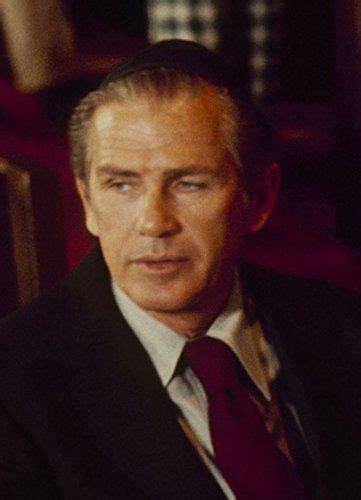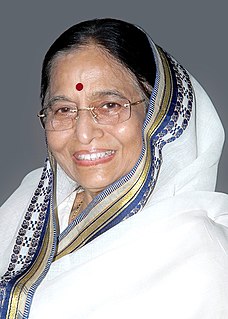A Quote by Michael Strong
Creativity is not merely about cute pictures drawn by kindergartners. It is about the ability to create new enterprises, organizations, and institutions that fundamentally change society.
Related Quotes
The art and science of memory is about developing the capacity to quickly create images that link disparate ideas. Creativity is the ability to form similar connections between disparate images and to create something new and hurl it into the future so it becomes a poem, or a building, or a dance, or a novel. Creativity is, in a sense, future memory.
The themes that run through all my work are that consciousness is the ultimate reality; and that by understanding consciousness, you understand everything about yourself, about perception, about creativity, about behavior, about relationships. By understanding consciousness, you have the ability to create anything in your world. And you have the ability to influence also the collective consciousness to not only bring about personal healing, but social transformation, and ultimately healing our planet, which happens to be extremely wounded.
Society, community, family are all conserving institutions. They try to maintain stability and to prevent, or at least slow down, change. But the organization of the post-capitalist society of organizations is a destabilizer. Because its function is to put knowledge to work - on tools, processes, and products; on work; on knowledge itself - it must be organized for constant change.
Something is not yet right and ripe in our human society at the beginning of the 21st century and third millennium: missing is an unprecedented vision, boldness and courage to fashion a new, promising, better future. Our beliefs, society, ways of life, institutions and future goals must be reviewed and reappraised fundamentally from scratch.
[Russians would like to] undermine the West and its institutions, create doubts about NATO, create doubts about the European Union, support nationalists on the right just as the Soviet communists supported communists on the left. Weaken the West in general and create an atmosphere in which we`re uncertain about ourselves.
We create institutions and policies on the basis of the way we make assumptions about us and others. We accept the fact that we will always have poor people around us. So we have had poor people around us. If we had believed that poverty is unacceptable to us, and that it should not belong to a civilized society, we would have created appropriate institutions and policies to create a poverty-free world.
It cannot suffice to invent new machines, new regulations, new institutions. It is necessary to change and improve our understanding of the true purpose of what we are and what we do in the world. Only such a new understanding will allow us to develop new models of behavior, new scales of values and goals, and thereby invest the global regulations, treaties and institutions with a new spirit and meaning.
I am not an advocate for frequent changes in laws and Constitutions. But laws and institutions must go hand in hand with the progress of the human mind. As that becomes more developed, more enlightened, as new discoveries are made, new truths discovered and manners and opinions change, with the change of circumstances, institutions must advance also to keep pace with the times. We might as well require a man to wear still the coat which fitted him when a boy as civilized society to remain ever under the regimen of their barbarous ancestors.
There is something fundamentally antidemocratic about relinquishing control of the public education policy agenda to private foundations run by society's wealthiest people; when the wealthiest of these foundations are joined in common purpose, they represent an unusually powerful force that is beyond the reach of democratic institutions.
Organizational Development: The New Christian Right of the 1980s was dominated by paper organizations that were essentially the mailing lists of a handful of politicized ministers. Such organizations were better at issuing press releases than doing the hard work of political mobilization and advocacy. By contrast, the movement of the 1990s has generated a plethora of grass-roots organizations that allocate meaningful responsibilities to individual members. The goal is to create an army of grassroots activists who know how to stimulate political change.




































